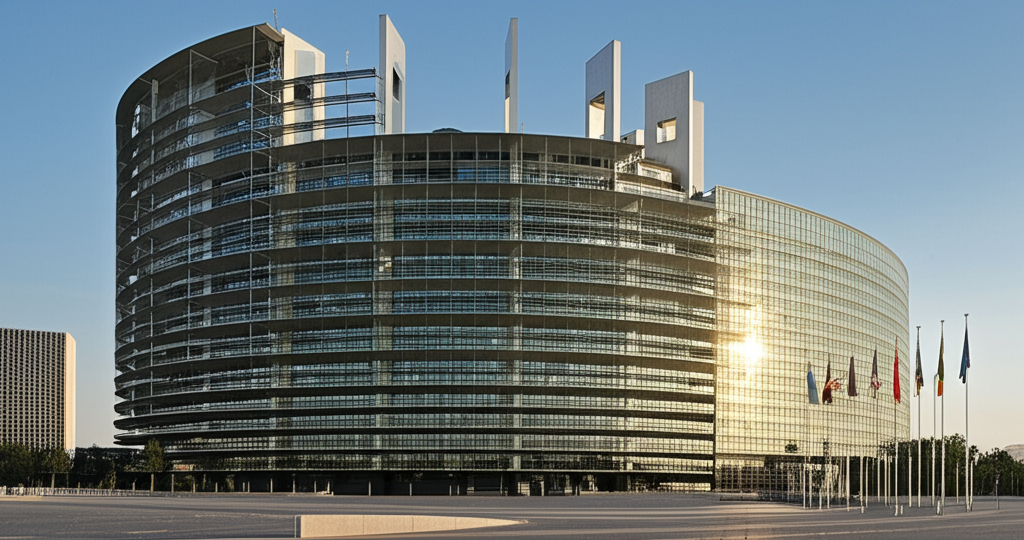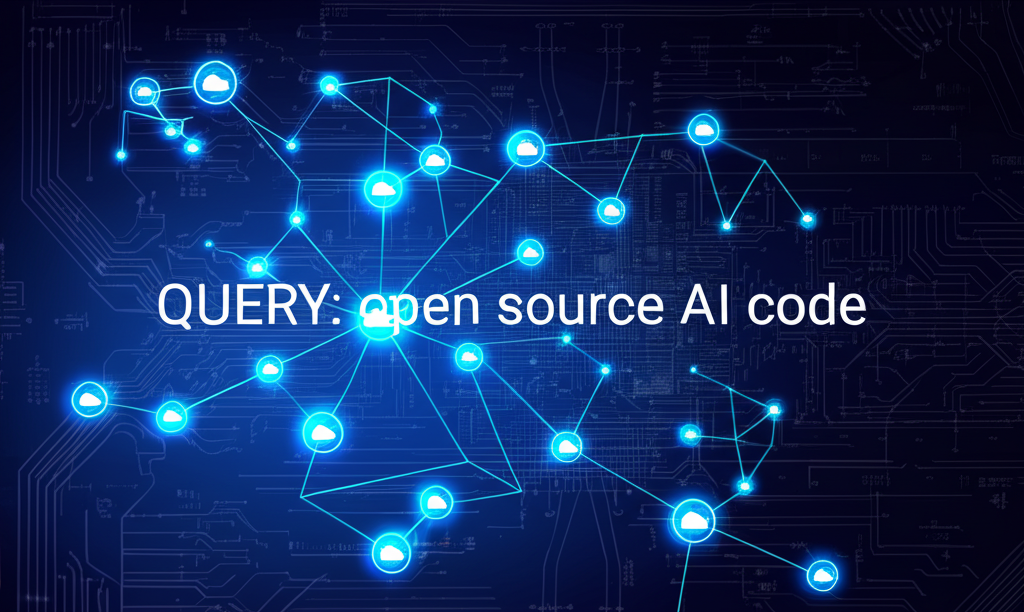
EU Passes Comprehensive AI Regulation Framework
The European Parliament has officially passed the Artificial Intelligence Act, establishing the world's most comprehensive regulatory framework for AI development and deployment. The legislation, which has been in development for over three years, aims to ensure AI systems used in the EU are safe, transparent, traceable, non-discriminatory, and environmentally friendly.
Risk-Based Approach
The AI Act takes a risk-based approach, categorizing AI applications based on their potential harm to society:
- Unacceptable Risk: AI systems considered a clear threat to people's safety, livelihoods, and rights are banned entirely. This includes social scoring systems, certain forms of predictive policing, and emotion recognition in educational or workplace settings.
- High Risk: AI systems that could harm health, safety, fundamental rights, environment, democracy, and rule of law face strict obligations before they can be put on the market.
- Limited Risk: Systems like chatbots must meet specific transparency requirements, ensuring users know they are interacting with AI.
- Minimal Risk: The vast majority of AI systems fall into this category and face minimal regulation.
Requirements for High-Risk AI
High-risk AI systems will need to meet stringent requirements, including:
- Risk assessment and mitigation systems
- High quality of datasets to minimize discrimination
- Logging of activity to ensure traceability
- Detailed documentation for authorities and users
- Clear user information
- Human oversight measures
- High level of robustness, accuracy, and cybersecurity
Foundation Models
The legislation includes specific provisions for foundation models like GPT-4, Claude, and Llama. These models must:
- Conduct model evaluations
- Assess and mitigate systemic risks
- Conduct adversarial testing
- Report serious incidents to the European Commission
- Ensure cybersecurity and energy efficiency standards
- Disclose training data summaries and comply with EU copyright law
Global Impact
The EU's AI Act is expected to have global implications, similar to how GDPR influenced data protection regulations worldwide. Companies developing or deploying AI systems will likely adopt EU standards globally rather than maintaining different systems for different markets.
"This landmark regulation strikes a careful balance between promoting innovation and ensuring AI technologies are safe and respect fundamental rights," said Margrethe Vestager, Executive Vice President of the European Commission. "Europe is now positioned as a leader in responsible AI governance."
Implementation Timeline
The regulation will be implemented in phases:
- Prohibited AI practices: 6 months after entry into force
- Governance systems and standards: 9 months
- General purpose AI obligations: 12 months
- High-risk system obligations: 24 months
Industry reactions have been mixed, with some tech companies expressing concerns about compliance costs and potential impacts on innovation, while civil society organizations have generally welcomed the protections while calling for strong enforcement.
Source: European Commission
